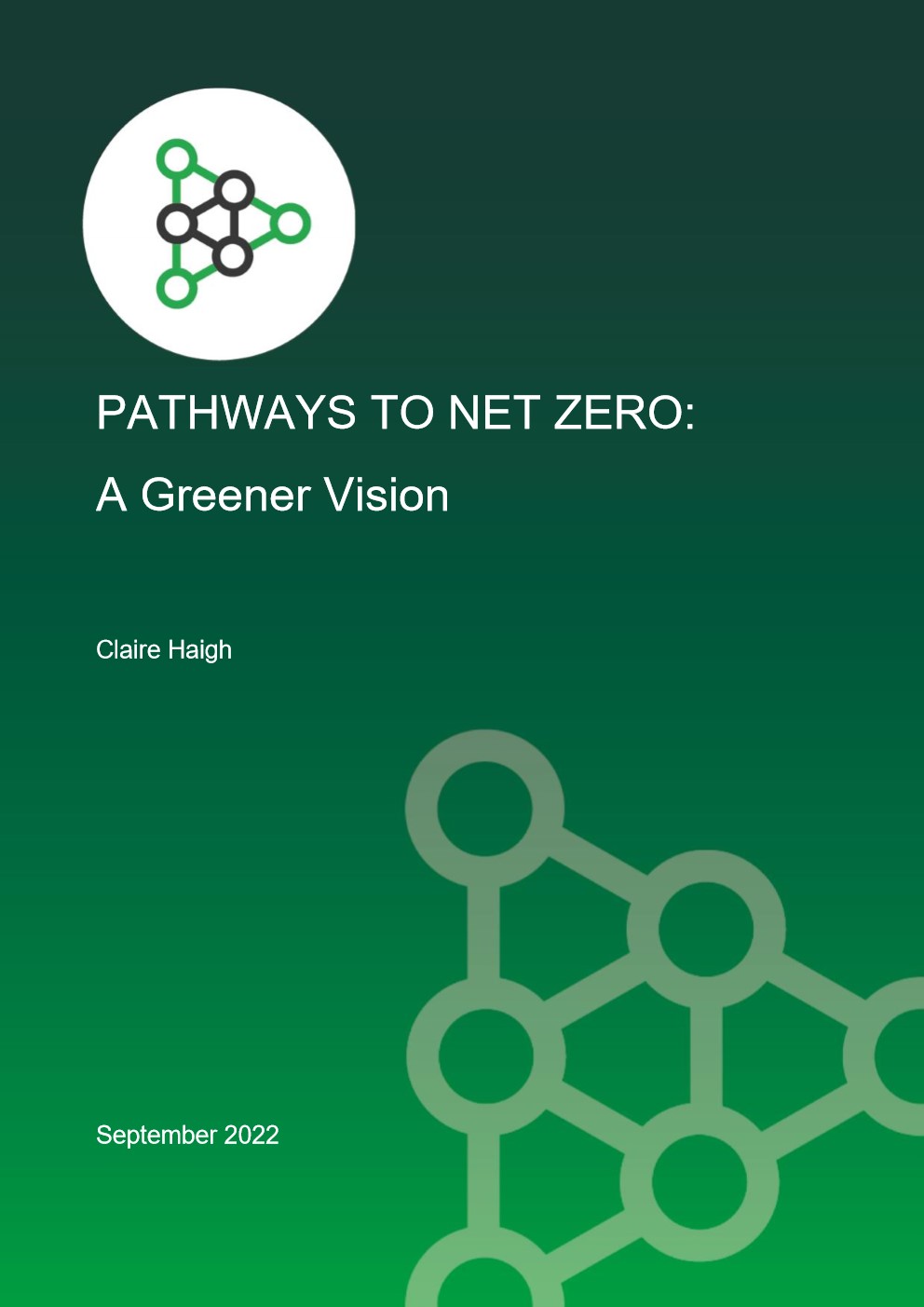This report by Claire Haigh is the third of a series of Pathways to Net Zero reports focused on how we can deliver emissions reductions at the scale and pace needed.
Our climate is heating up at great speed. Extreme weather events are intensifying. Global greenhouse gas (GHG) emissions continue to rise. Meanwhile we face an ever-darkening context. The climate crisis has been joined by a major war, rising inflation, a food emergency, supply chain crises, and a widespread, deepening cost of living crisis driven largely by spiraling energy costs.
We need a strategy to tackle the cost of living crisis that will also accelerate the transition to net zero and enhance our energy security. Energy demand reduction will be key. The IPCC calculate that reducing energy demand could deliver a 40-70 per cent reduction in global GHG emissions by 2050.
It is vitally important that national government remains committed to net zero and maintains the UK’s strong world-leading targets. There is a strong appetite for action. Three-quarters of adults in Great Britain worry about climate change (ONS October 2021) At the Pathways to Net Zero Roundtable Discussions Series 2 in October, we will hear examples of exciting and innovative solutions that are being developed across the UK, at the subnational, regional and local level.
Our dependency on fossil fuels is at the root of the climate emergency, as well as the cost of living and energy security crises. It we are to wean ourselves off fossil fuels we must reduce energy demand and ensure that net zero is at the heart of all public policy decision-making. And we must paint a positive picture of what a zero-carbon future would look like. An inspiring greener vision for the future would help build the mandate for change and tough decisions for the long term.
Change of this magnitude will require a shift in mindset and a new paradigm that recognises our fundamental interdependence with each other and the biosphere.

